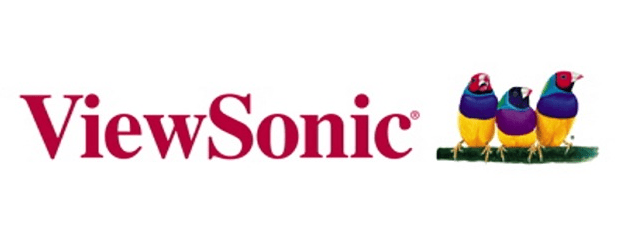Citrix Systems Inc. announced this week a new partner program that offers the ability for solution providers to specialize in their provisioning and differentiate themselves in the market.
In addition to more simplified certification, the revamped Citrix Solution Advisor (CSA) program also includes adjusted revenue requirements and new incremental benefits and incentives. According to the company, it serves as the “main pillar” of its Partner Growth Plan, which will be rolled out over the next 12 months.
These changes are a natural evolution to the already-solid partner program that Citrix offered prior to this week’s announcement, according to Steve White, program director of channels and alliances at market research firm IDC.
“The Citrix portfolio and partner ecosystem has grown, with the need to start to recognize partners for their focus or specialized knowledge,” White told CDN. “Partners in fact told Citrix themselves they wanted this, and also that they wanted the levels to ‘not be easy’ to enable them to prove their skills.”
Under the new CSA program, Citrix Specializations will give partners the ability to choose the competencies most relevant to their business in areas of virtualization, mobility management and networking, as well as add other skills according to scale.
According to the company, the program will qualify, brand, recommend and reward partners for “demonstrated technical competency, end-to-end sales capability and service delivery to customers.”
To White, these changes to the program are indicative of Citrix’ own success in the market.
“Timing is good now, as the Citrix portfolio and growth are at a good point,” he said. “Most partner programs as they mature get to a model where they segment based on competencies, skills or specializations.”
But Citrix doesn’t want to grow alone. White explained that the company is allowing partners until the end of 2016 – a pretty long window – to achieve these specializations. He added that according to Citrix’ estimates, partners will realize 33 per cent profit opportunity through specialization versus 22 per cent through the existing program.
“[The] thinking is they want their partners to succeed and don’t want a change to upset their partners or force them to leave them,” White said. “The best partners will be immediately engaging on this and seeing it as an opportunity to differentiate themselves with customers, i.e. ‘I am one of the first specialized partners’.”





